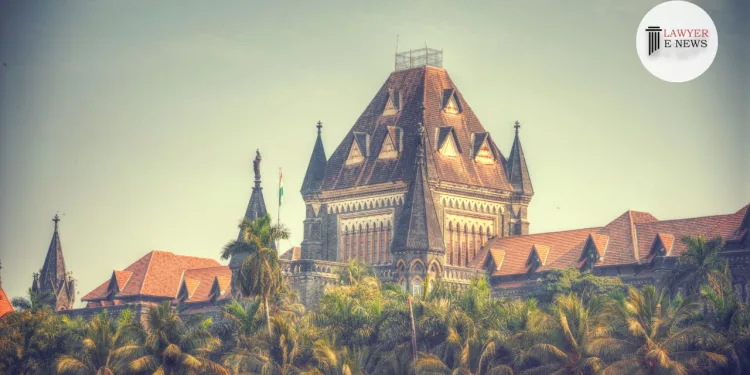Ensuring Speedier Resolution Under IBC: Bombay High Court Transfers Classic Diamonds Winding-Up Case to NCLT

Court emphasizes discretionary power in transfer proceedings for effective insolvency resolution.
Mumbai: In a significant decision, the Bombay High Court has ordered the transfer of the winding-up proceedings of Classic Diamonds (India) Limited to the National Company Law Tribunal (NCLT), Mumbai. Justice Abhay Ahuja, presiding over the matter, emphasized the court’s discretion in facilitating a speedier and more technical resolution process under the Insolvency and Bankruptcy Code (IBC), 2016.
The case stems from a company petition filed by ICICI Bank Limited against Classic Diamonds (India) Limited. The petitioner sought the transfer of the proceedings to the NCLT, citing provisions under the Companies Act, 2013, and relevant Supreme Court precedents. The interim application was supported by Omkara Assets Reconstruction, the applicant in the case.
Discretionary Power of Transfer: The court’s decision hinged on the interpretation of Section 434(1)© of the Companies Act, 2013, which provides discretionary power to the court to transfer winding-up proceedings to the NCLT. Justice Ahuja referred to landmark Supreme Court rulings, including A. Navinchandra Steels v. SREI Equipment Finance, Kaledonia Jute & Fibres v. Axis Nirman & Industries, and Action Ispat & Power v. Shyam Metalics, which underscore the court’s authority to transfer such cases unless irreversible steps have been taken.
Status of Winding-Up Proceedings: In this case, the Official Liquidator had taken possession of the company’s registered office but had not initiated steps such as inviting claims from creditors or workers, which are considered irreversible actions in the winding-up process. The court noted, “No significant actions have been taken that would preclude setting the process back.”
Efficient Resolution Under IBC: The judgment highlighted the benefits of transferring the case to the NCLT. “The transfer ensures a speedier resolution of the corporate insolvency process while allowing for a more technical consideration of issues,” Justice Ahuja remarked. This approach aligns with the legislative intent of the IBC to provide a time-bound resolution mechanism.
Justice Ahuja emphasized, “The exercise of power under the 5th proviso to Section 434(1)© is appropriate in this context. The NCLT is better equipped to handle the complexities of the insolvency process.”
The court ordered the transfer of Company Petition No. 317 of 2012 to the NCLT, Mumbai, contingent upon the applicant depositing Rs. 3 lakhs with the Official Liquidator to cover liquidation costs. The NCLT is directed to treat the petition as an application for the initiation of the Corporate Insolvency Resolution Process under the IBC, 2016. The court also revoked the admission order dated September 28, 2017, effectively setting the stage for the NCLT to take over the case.
This decision underscores the judiciary’s commitment to leveraging specialized forums like the NCLT for efficient insolvency resolutions, thereby reinforcing the robust framework established under the IBC. The transfer is expected to streamline the resolution process, providing clarity and direction for all stakeholders involved.
Date of Decision:May 3, 2024
Omkara Assets Reconstruction v. Classic Diamonds (India) Limited






